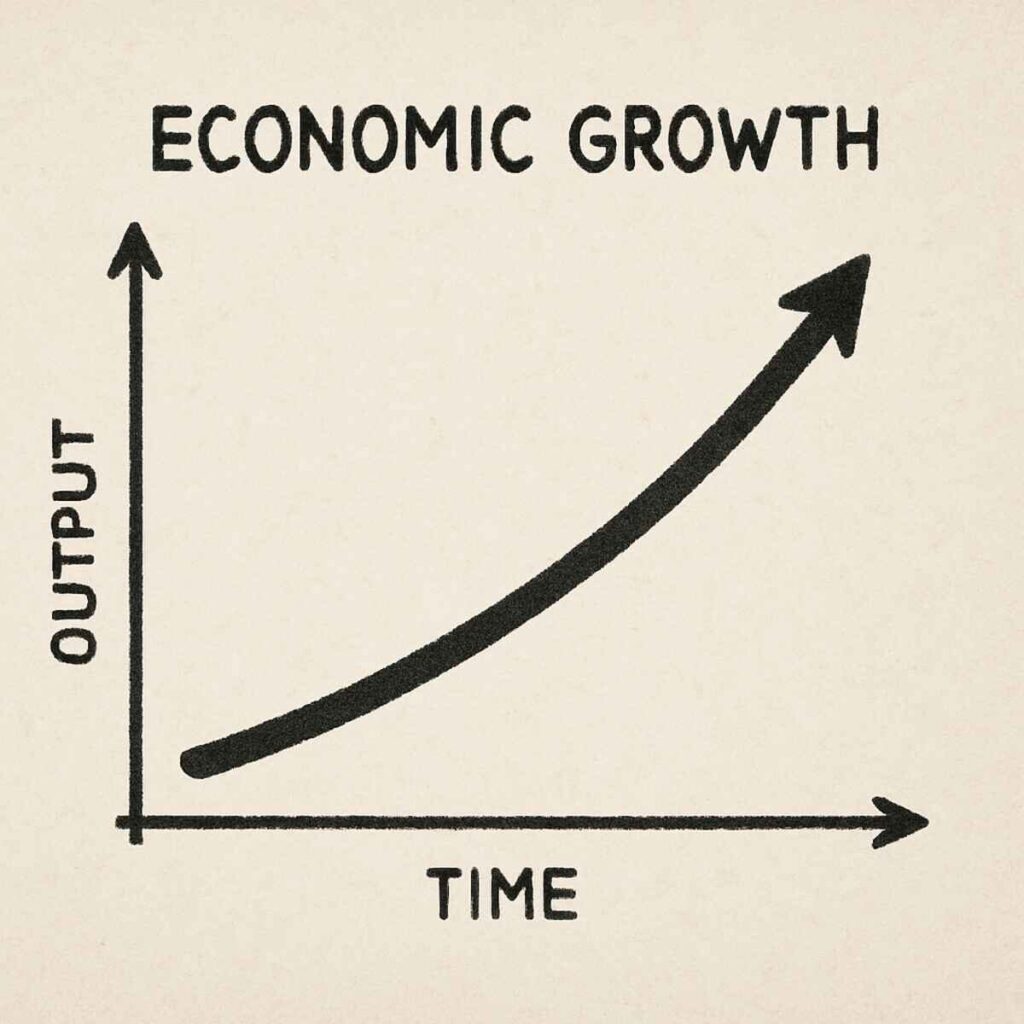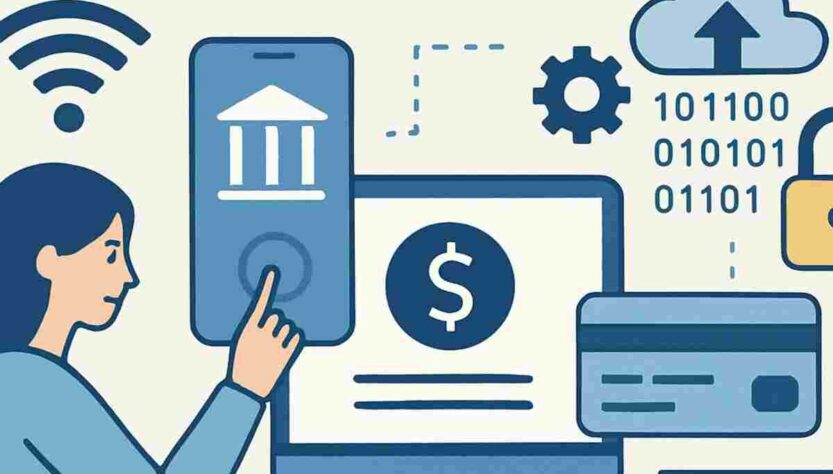The banking industry is on the cusp of a transformative era. As technology advances and consumer expectations evolve, banks must adapt to stay relevant and competitive. In this article, we’ll explore expert insights and predictions for the future of banking, focusing on key trends that will shape the industry’s landscape. The actual Interesting Info about soccervista predictions.
Digital Banking Transformation
Digital banking is no longer just an option—it’s a necessity. With the rise of online and mobile banking, customers demand seamless, anytime access to their financial services. Banks are investing heavily in digital transformation to meet these expectations.
Experts predict that digital banking platforms will become more sophisticated, offering personalized services tailored to individual customer needs. Artificial intelligence (AI) and machine learning (ML) are expected to play a significant role in providing these customized experiences. These technologies will analyze vast amounts of data to predict customer behavior and preferences, thereby crafting unique banking experiences.
In addition to AI and ML, the integration of augmented reality (AR) and virtual reality (VR) into digital banking experiences is expected to revolutionize customer interactions. These technologies could offer virtual bank branches and interactive financial planning tools, enhancing user engagement and satisfaction.
Blockchain and Cryptocurrencies
Blockchain technology and cryptocurrencies are revolutionizing the financial sector. While some banks are still hesitant to fully embrace these innovations, others are exploring their potential to enhance transparency, security, and efficiency.
As blockchain becomes more mainstream, experts predict its use in various banking operations, including cross-border payments, fraud prevention, and smart contracts. Cross-border transactions, traditionally slow and costly, could become instantaneous and cost-effective with blockchain.
Cryptocurrencies may also become more integrated into traditional banking services, offering new investment opportunities for customers. As regulatory frameworks around cryptocurrencies mature, banks might offer crypto-based savings accounts and loans, integrating these digital assets into their core offerings.
Moreover, decentralized finance (DeFi) is anticipated to challenge traditional banking by providing decentralized lending, borrowing, and investing platforms. This shift could democratize financial services, making them more accessible to a global audience.
Shifts in Customer Expectations
Enhanced Customer Experience
Today’s customers expect more than just basic financial services. They want personalized, efficient, and secure banking experiences. Banks that prioritize customer experience will likely gain a competitive edge.
Experts suggest that banks will focus on creating seamless, omni-channel experiences that integrate digital and physical banking services. This means customers can start a transaction online and complete it at a branch, or vice versa, without any disruption. The integration of AI-driven chatbots and virtual assistants is expected to enhance customer service by providing instant support and personalized recommendations.
Furthermore, customer feedback loops will play a critical role in shaping banking services. Banks are likely to implement advanced analytics to gather insights from customer interactions, enabling continuous improvement of their products and services.
Financial Inclusivity
Financial inclusivity is becoming increasingly important, as banks strive to provide services to underserved populations. This includes developing innovative products and services that cater to the needs of low-income and unbanked individuals.
Experts predict that banks will leverage technology to reach these populations, offering mobile banking solutions and digital wallets that make banking more accessible and affordable. Mobile banking apps tailored to low-bandwidth environments and feature phones could bridge the digital divide and bring financial services to remote areas.
Collaborations with local financial institutions and community organizations are also expected to foster financial literacy and inclusion. By offering educational programs and resources, banks can empower individuals to better manage their finances and access essential banking services.
Additionally, the rise of social banking platforms could facilitate peer-to-peer transactions and community savings programs, fostering a sense of financial empowerment and community support.
Economic Outlook and Market Trends

Global Economic Trends
The global economic outlook is a crucial factor influencing the future of banking. As economies recover from the effects of the COVID-19 pandemic, banks must navigate changing interest rates, inflation, and regulatory environments.
Experts predict that banks will need to adapt to these economic shifts by diversifying their portfolios and exploring new revenue streams. This may include investing in sustainable finance and green initiatives, as environmental concerns become more prominent. Banks could develop innovative financial products, such as green loans and impact investment funds, to attract environmentally conscious consumers and investors.
Furthermore, geopolitical shifts and trade dynamics will also impact banking strategies. Banks may need to reassess their international operations and currency exposure to mitigate risks and capitalize on emerging opportunities in global markets.
Regulatory Changes
Regulatory changes continue to impact the banking industry, as governments and regulatory bodies seek to ensure financial stability and consumer protection. Experts anticipate that banks will face increased scrutiny and compliance requirements in areas such as data privacy and cybersecurity.
To stay ahead, banks must invest in robust compliance systems and collaborate with regulators to develop innovative solutions that balance security with customer convenience. Implementing advanced cybersecurity measures, such as biometric authentication and blockchain-based identity verification, will be critical to safeguarding customer data and maintaining trust.
Additionally, the rise of open banking regulations will encourage banks to share customer data with third-party providers, fostering innovation and competition in the financial services sector. By embracing open banking, banks can offer enhanced products and services, creating new revenue streams and improving customer satisfaction.
The Role of FinTech and Partnerships
FinTech Collaboration
FinTech companies are disrupting traditional banking models, offering innovative solutions that enhance customer experience and streamline operations. Rather than viewing FinTechs as competitors, banks are increasingly partnering with these companies to leverage their technology and expertise.
Experts predict that such collaborations will become more common, as banks seek to integrate FinTech solutions into their offerings. This may include adopting open banking APIs, which allow third-party developers to create new applications and services for bank customers. By collaborating with FinTechs, banks can accelerate innovation, reduce operational costs, and expand their product offerings.
Moreover, strategic partnerships with FinTechs can enable banks to enter new markets and reach underserved customer segments. Through co-branded products and joint ventures, banks can leverage FinTech expertise to drive growth and enhance their competitive positioning.
Emphasis on Sustainability
Sustainability is becoming a key focus for banks, as they recognize the importance of environmental, social, and governance (ESG) factors in their operations. Banks are increasingly investing in sustainable finance initiatives, such as green bonds and renewable energy projects.
Experts predict that this trend will continue to grow, as customers and investors demand greater transparency and accountability in banking practices. By prioritizing sustainability, banks can build trust and loyalty with their stakeholders. Initiatives like carbon footprint reduction programs and sustainable supply chain financing are expected to become integral parts of banks’ sustainability strategies.
Furthermore, banks may engage in partnerships with environmental organizations and NGOs to support community-based sustainability projects. By aligning their operations with global sustainability goals, banks can contribute to positive social and environmental outcomes while enhancing their brand reputation.
Preparing for the Future
The future of banking is full of opportunities and challenges. To succeed, banks must embrace change and invest in the technologies, partnerships, and strategies that will drive growth and innovation.
By focusing on digital transformation, customer experience, and sustainability, banks can position themselves for success in an ever-evolving industry landscape. Investing in employee training and development will also be crucial, as banks need skilled professionals to navigate the complexities of modern banking technologies and customer expectations.
In conclusion, the banking industry is poised for significant change, driven by technological advancements, shifting customer expectations, and evolving economic conditions. By staying informed and proactive, banks can navigate these changes and thrive in the future financial ecosystem. As they adapt to new realities, banks will play a pivotal role in shaping the financial landscape and supporting economic growth and development.
